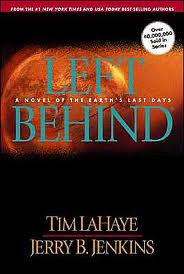
This morning on NPR, I heard a Republican commentator say our government works best with a “loyal opposition.” He was referring to those of his party who did not support overthrowing the most recent election results.
That, I thought, is a low bar. Members of this loyal opposition have had no problem with disenfranchising people in districts that are likely to vote for Democrats. They were fine with exploding the national debt to provide tax cuts for corporations and the wealthiest U.S. citizens. They were fine with the rise of the homeless population, the impunity of the police state, families going hungry and without healthcare. And when I say, “fine with,” I mean they enacted legislation knowing that their votes would result in these violations of human rights.
When I think of a loyal opposition, I think of those people who have challenged the corporate Democrats: the people who have hit the streets, sometimes for decades, demanding that politicians reallocate money from the police and military to communities in ways that would end homelessness, provide affordable housing, employment, food, and healthcare. I think of the politicians who have primaried incumbent Democrats, saying they no longer represent the people they serve, but the donors who fund them.
A few months ago, I heard another Republican on AM Joy say that he no longer saw a future in the Republican Party because it had stopped generating new ideas. It simply said, “no,” to everything. Does anyone think, he said, that the U.S. will not have some form of universal healthcare like most of the developed and developing world? The debate on what that will look like is happening between the two factions of the Democratic Party. He wanted to be a part of that discussion.
In the past week, the progressive nature of Joe Biden’s executive orders has surprised me. I am still not enthusiastic about some of his cabinet appointments. The Border Police are still holding children in cages. I think his response to the climate crisis is not crisis-y enough. But it seems that he is listening to the people who put him into office—including the loyal opposition.






You must be logged in to post a comment.